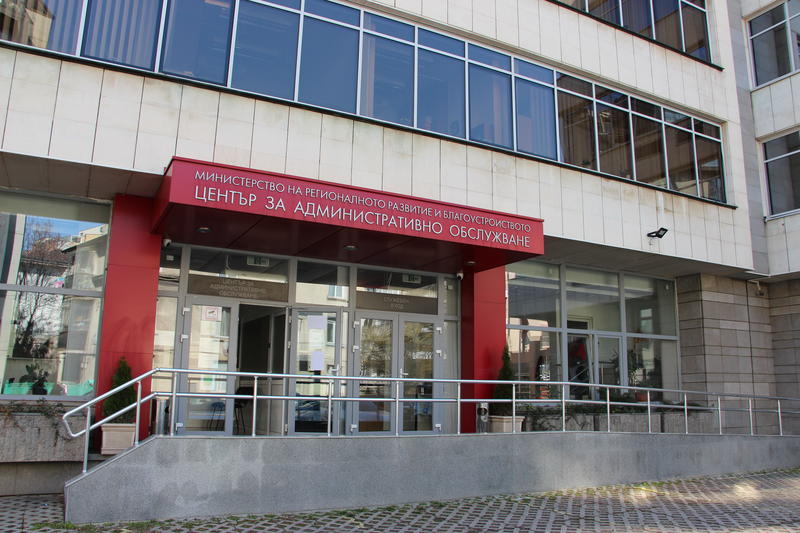Danube Region Programme approved by the European Commission
Danube Region Programme approved by the European Commission
By Ministry of Regional Development and Public Works
The European Commission has officially adopted the new Transnational Cooperation Programme for the Danube Region for the period 2021-2027
The territorial scope of the programme includes 9 EU Member States (Austria, two German federal states: Baden-Württemberg and Bayern (Bavaria), the Czech Republic, Slovakia, Slovenia, Croatia, Hungary, Romania and Bulgaria) and 5 non-EU countries (Bosnia and Herzegovina, Montenegro, Moldova, Serbia and Ukraine).
The INTERREG Danube Programme has a budget of €266 million (including 80% from EU funds and instruments and 20% national co-financing from the participating countries) and aims to support, develop and implement cooperation projects that contribute to the development of a more innovative, sustainable and social Danube region, as well as to improve regional governance to address common challenges.
The new programme is part of the European Territorial Cooperation (ETC), better known as INTERREG, which has been an important factor in the European Union’s cohesion policy since 1990.
The aim of the programme is for countries in Europe to cooperate in developing and implementing joint projects that would contribute to solving common territorial, social and economic problems.
The main focus of the new programme is on thematic areas where transnational projects will be funded (including depopulation, migration, economic inequality, energy dependence, climate change, etc.).
The Danube Region Programme in the period 2021-2027 will support projects in four priority areas.
The first area focuses on improving innovation and technology transfer and building skills for smart specialisation, industrial transition and entrepreneurship.
Secondly, the programme focuses on actions to promote the use of renewable energy, adapt to climate change and cope with disasters, improve water and soil quality and protect and conserve biodiversity in ecological corridors and ecoregions.
The third priority, a more social Danube region, will address the labour market and supporting education and training in terms of their accessibility, inclusiveness and effectiveness, as well as exploring a sectoral approach to socio-economic development through heritage and culture.
Finally, the fourth priority of the programme is aimed at better regional governance to tackle major territorial challenges such as demographic transformation. It also aims to support solutions for better public service delivery and digitisation.
As with the other transnational cooperation programmes, all projects applying for support from the Danube Region Programme should involve partners from at least three countries, and may involve national, regional or local institutions, universities, research institutes, private companies as well as NGOs.





